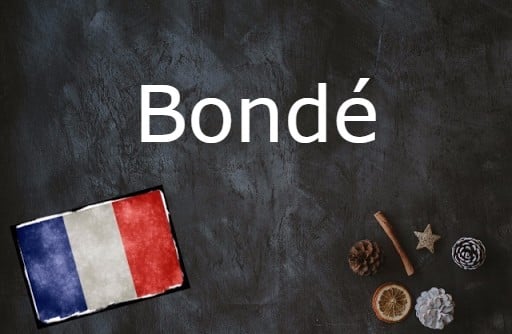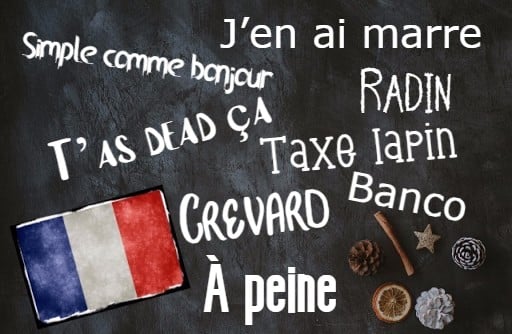Why do in need to know bondé?
It’s particularly useful during the summer, or all year round if you live in Paris.
What does it mean?
Bondé means “full” or “packed”. Public transport, bars, beaches, shops… These are just some of the things you might refer to as bondé. It’s for when a place is bursting at the seams because there are so many people packed together.
Les Champs-Élysées bondés de supporters #FRAALL pic.twitter.com/fOAcwsd52y
— Aubin Laratte (@laratteaubin) July 7, 2016
It is usually reserved for talking about places crammed with people, but you might also hear it used in reference to objects.
A bonde is a plug such as you might find on the top of a wine barrel, and bonder means to fill something up to the plug, or the bung. So when you describe a venue as bondé, you might be paying homage to one of France’s greatest and most delicious traditions.
Not to be confused with the verb bander, which sounds almost identical when spoken and means “to have an erection”. Context is your friend here!
Use it like this
Le supermarché était bondé ce matin – The supermarket was jam-packed this morning.
Les Champs-Elysées étaient bondés de supporters quand la France a gagné la Coupe du monde – The Champs-Elysées was packed with supporters when France won the World Cup.
J’aime pas la Côte d’Azur, les plages sont toujours bondées – I don’t like the French Riviera, the beaches are always overcrowded.
Synonyms
Noir de monde – crammed
Comble – full to capacity
Bourré – packed



 Please whitelist us to continue reading.
Please whitelist us to continue reading.
Possibly a better, more vernacular, translation is ‘rammed’. Do young people still say ‘rammed’? I’m out of touch with them these days.